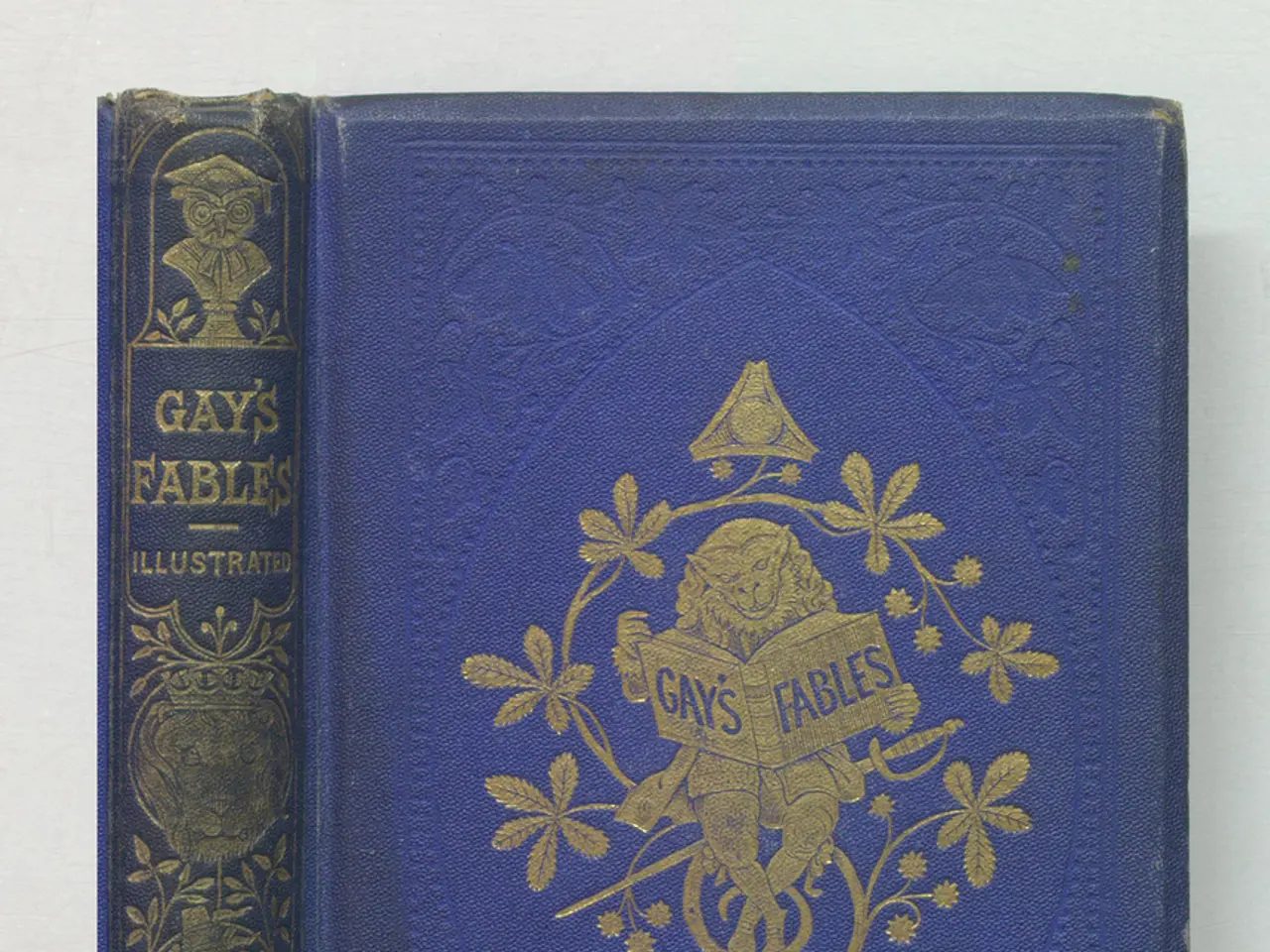"Twenty-one Films Prohibited Globally Due to Questionable Content, Misguided Criticism, or Bizarre Justifications"
In the ever-evolving world of cinema, certain films often face restrictions or outright bans in various countries due to content that conflicts with a nation's political, social, cultural, or moral values. Here's a look at some notable instances of movie bans worldwide.
Recently, "Doctor Strange in the Multiverse of Madness" (2022) was prohibited in Saudi Arabia, Qatar, Kuwait, Jordan, and Egypt, primarily due to its lesbian character. This is not an isolated incident. Movies like "Wonder Woman" (2017) were banned in Tunisia due to a Facebook post made by its star, Gal Gadot, in 2014, and in Lebanon due to their Anti-Israel Boycott law.
Movies that push the boundaries of graphic violence and cruelty often find themselves on the receiving end of bans. Films such as "Cannibal Holocaust" are banned for their explicit violence and animal cruelty, which violates animal rights and ethical standards. Similarly, "A Serbian Film" and "Beauty and the Beast" have been banned for their graphic sexual violence and LGBTQ+ representations, clashing with conservative societal norms or legal restrictions on sexual content.
Political sensitivities and censorship also play a significant role in movie bans. Countries like China heavily edit or ban films that touch on political issues, portray them unfavorably, or deal with sensitive historical events. For instance, films may be altered to avoid content seen as humiliating or critical of the country.
Religious and blasphemy concerns are another common reason for movie bans. In some cases, films are banned due to perceived blasphemy or insult to religious beliefs, such as the UK's ban of "Visions of Ecstasy" for blasphemy until the law changed.
Some films are banned if authorities believe their content could provoke social unrest, violence, or threaten public safety. The ban of "International Guerillas" in the UK was due to concerns over inflaming violence related to its depiction of Salman Rushdie.
Governments often prohibit films that contradict local cultural principles, including bans on explicit sexual content or depictions of LGBTQ+ themes, as seen in several Middle Eastern countries. For example, "Onward" (2020) was banned in several countries in the Middle East due to the movie depicting Disney's "first" openly gay character.
Historically, movies have been banned based on their perceived impact. "The Da Vinci Code" (2006) was banned in several countries including Egypt, Jordan, and Lebanon due to blasphemous content, while "The Phantom of the Opera" (1925) was banned in the United Kingdom for being too horrifying for general audiences.
In some cases, movies are banned due to potential offence to religious or national sensibilities. "Borat" (2006) was banned in Russia for this reason, and the United Arab Emirates pulled the movie entirely due to the requirement for a 35-minute cut of "inappropriate scenes." "Every single movie from the Marx Brothers" was banned in Germany because they were Jewish.
The "The Human Centipede 2" (2011) was temporarily banned in Australia due to its level of depictions of violence, and "Natural Born Killers" (1994) was banned in Ireland due to concerns about copycat killers being inspired by the movie.
These bans reflect a country's effort to control media influence on political stability, cultural norms, religious sentiments, social order, and public morality. The specific banned movies are typically those with extreme violence, sexual exploitation, politically sensitive material, or content offensive to religious or cultural doctrines.
- Notable examples of movie bans include "Doctor Strange in the Multiverse of Madness" (2022) banned in Middle Eastern countries due to its lesbian character, and "Wonder Woman" (2017) banned in Tunisia and Lebanon due to political activism.
- In addition to films with explicit violence, such as "Cannibal Holocaust," movies with graphic sexual violence or LGBTQ+ representations, like "A Serbian Film" and "Beauty and the Beast," have also faced bans due to conflicting conservative societal norms or legal restrictions.
- "Onward" (2020) was banned in several Middle Eastern countries due to its depiction of Disney's first openly gay character, illustrating how governments often prohibit films with content that contradict local cultural principles, such as explicit sexual content or LGBTQ+ themes.






